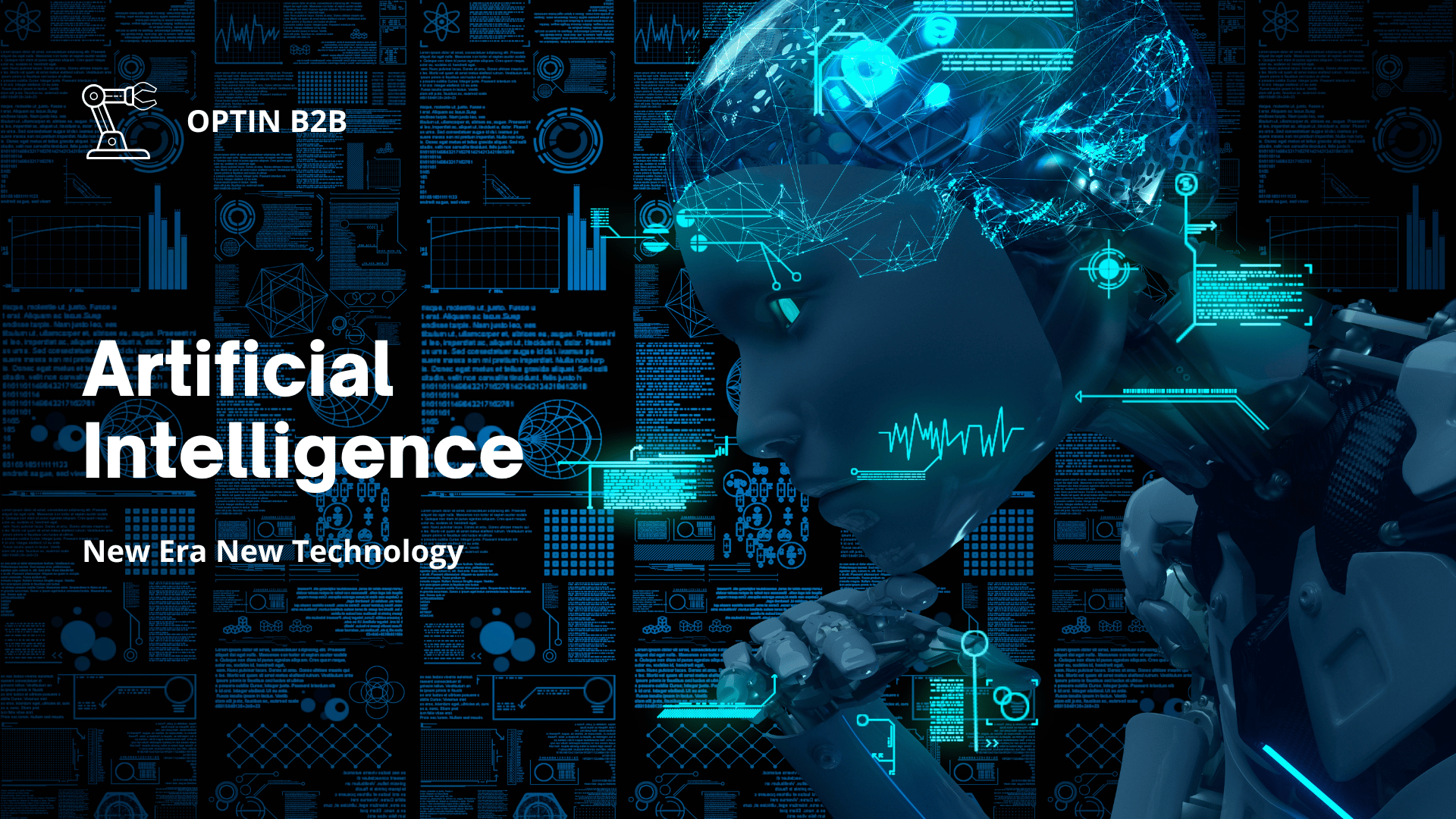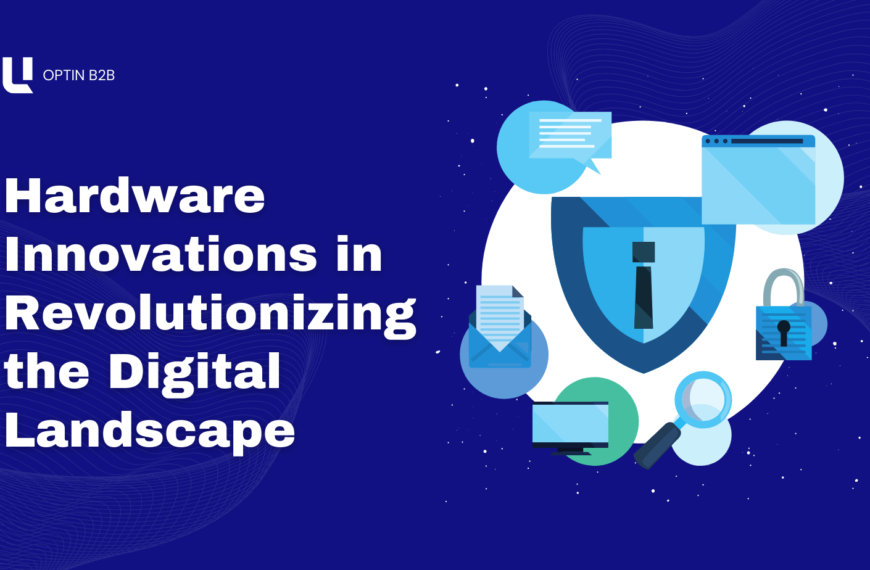Digital technologies are transforming the energy sector, driving sustainability initiatives that optimize operations and reduce carbon footprints. Companies like BP and Chevron are employing AI-powered analytics to forecast energy demand, manage supply chains, and enhance renewable integration.
The Internet of Things (IoT) plays a significant role in real-time monitoring and predictive maintenance of energy assets. Smart sensors installed on equipment provide data that helps prevent failures and improve efficiency, ensuring a more sustainable and reliable energy supply.
Blockchain technology is also making its mark, particularly in renewable energy trading. Platforms like Energy Web Foundation enable peer-to-peer energy exchanges, ensuring transparency and eliminating intermediaries. This approach fosters the growth of localized, sustainable energy systems.
Energy companies are leveraging digital twins—virtual replicas of physical assets—to simulate and optimize operations. These tools help identify inefficiencies and potential improvements, leading to reduced energy waste and emissions.
By embracing digital transformation, the energy industry is positioning itself for a sustainable future. These innovations are not only cutting costs but also paving the way for a greener, more resilient energy system.


















